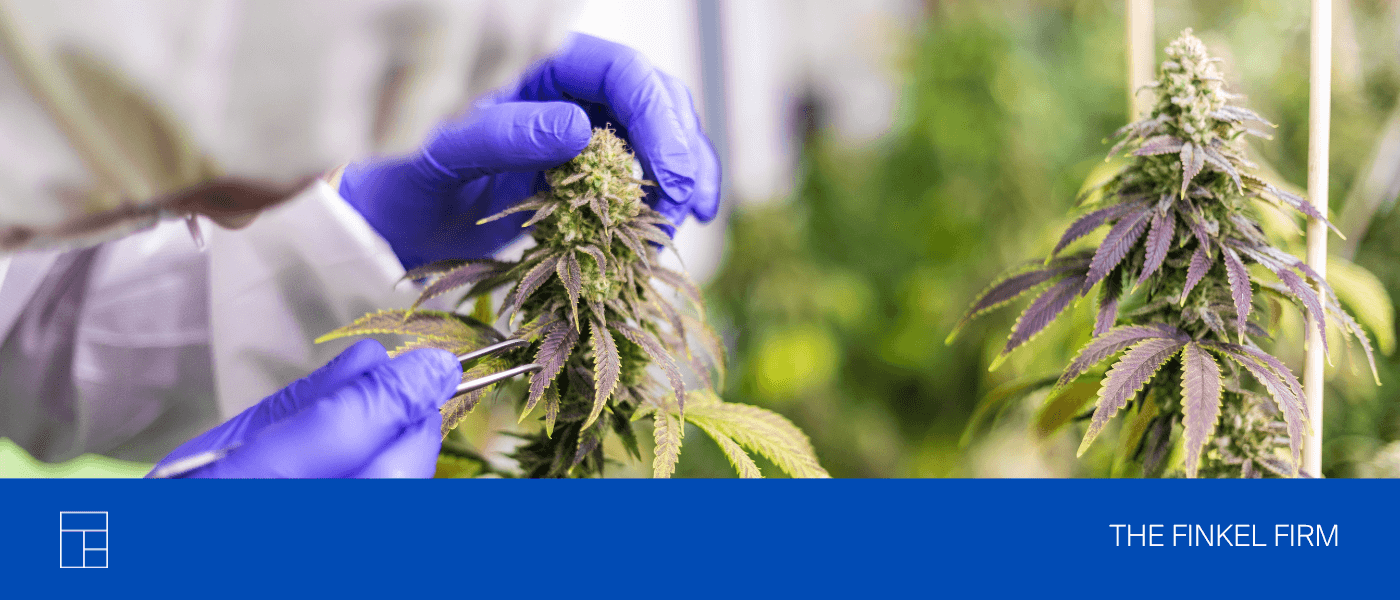FREE CONSULTATIONS
California’s New Cannabis Laws (AB 2188 and SB 700) – Part 2

California’s New Cannabis Laws (AB 2188 and SB 700) – Part 2
At the beginning of 2024, new laws took effect in California as is the norm every year. Assembly Bill (AB) 2188 and Senate Bill (SB) 700 are two laws that took effect this year and brought significant changes to California employment law. AB 2188 amended the California FEHA to bar employers in California from discriminating against employees for off-duty cannabis use. AB 2188 also limits cannabis drug testing. Employers testing for marijuana are required to update their drug testing policies and practices to eliminate testing that detects cannabis metabolites. Employers are required to use testing that indicates an employee is impaired while on the job, such as the presence of tetrahydrocannabinol (THC). On the other hand, SB 700 amended the FEHA to bar California employers from requesting job applicants from sharing information relating to their prior use of marijuana. It is against the law for employers to ask about this information on application forms or during interviews. However, it is crucial to note that, as is with most other laws, there are some exceptions to AB 2188 and SB 700. Understanding these exceptions is vital for both employers and employees. In this second part of the article titled “California’s New Cannabis Laws (AB 2188 and SB 700),” we discuss the exceptions to AB 2188 and SB 700.
Exceptions to AB 2188 and SB 700
First, Assembly Bill 2188 does not apply to people working in the building and construction trades. These employees are considered “safety-sensitive.” However, AB 2188 does cover peace officers and other employees who may also be considered “safety-sensitive,” such as nurses, dispatchers, and jailers. For these and most other workers, employers must comply with AB 2188.
Second, AB 2188 and SB 700 do not cover individuals hired for jobs that require federal background checks and clearance. In such a case, federal law, which considers marijuana as an illegal substance, takes precedence over California law.
Third, AB 2188 and SB 700 do not impact employers’ rights to maintain a drug-free workplace, or in other words, allow workers to possess, be impaired by, or use cannabis on the job. Employers are required to comply with the requirements under AB 2188 and SB 700, but they still maintain the right to enforce policies that ensure a drug-free work environment.
Lastly, AB 2188 does not override federal or state laws mandating drug testing for controlled substances, including marijuana, for employers or applicants.
It is also crucial to note that while SB 700 bars employers from asking about an applicant’s past cannabis use, an employer can inquire about an applicant’s cannabis use if the use is exposed through a criminal background check, as long as the employer is allowed to conduct the background check under state or federal law. For example, if a peace officer’s criminal history contains information about their prior cannabis use, the agency can ask about the cannabis use and consider it when making its decision.
Contact a California Employment Lawyer
Do you have questions about AB 2188 or SB 700? Have your rights under AB 2188 or SB 700 been violated? Contact a California employment lawyer.
